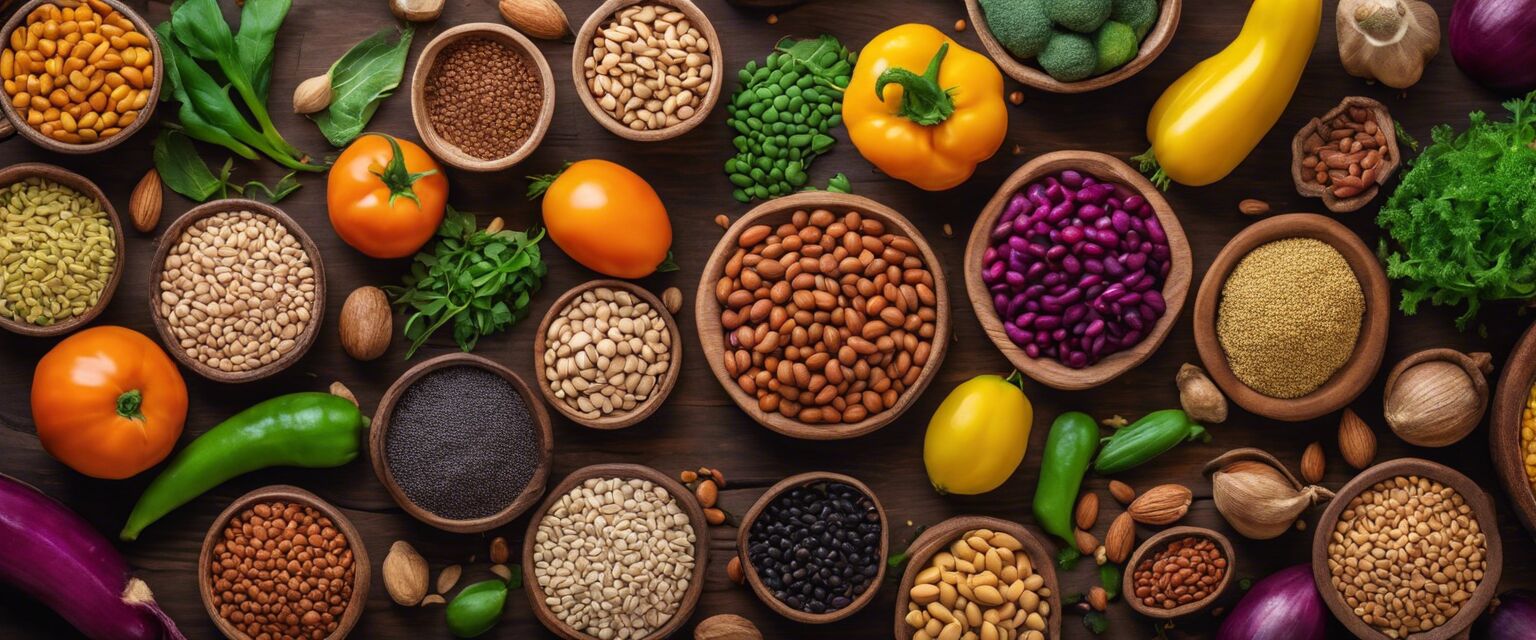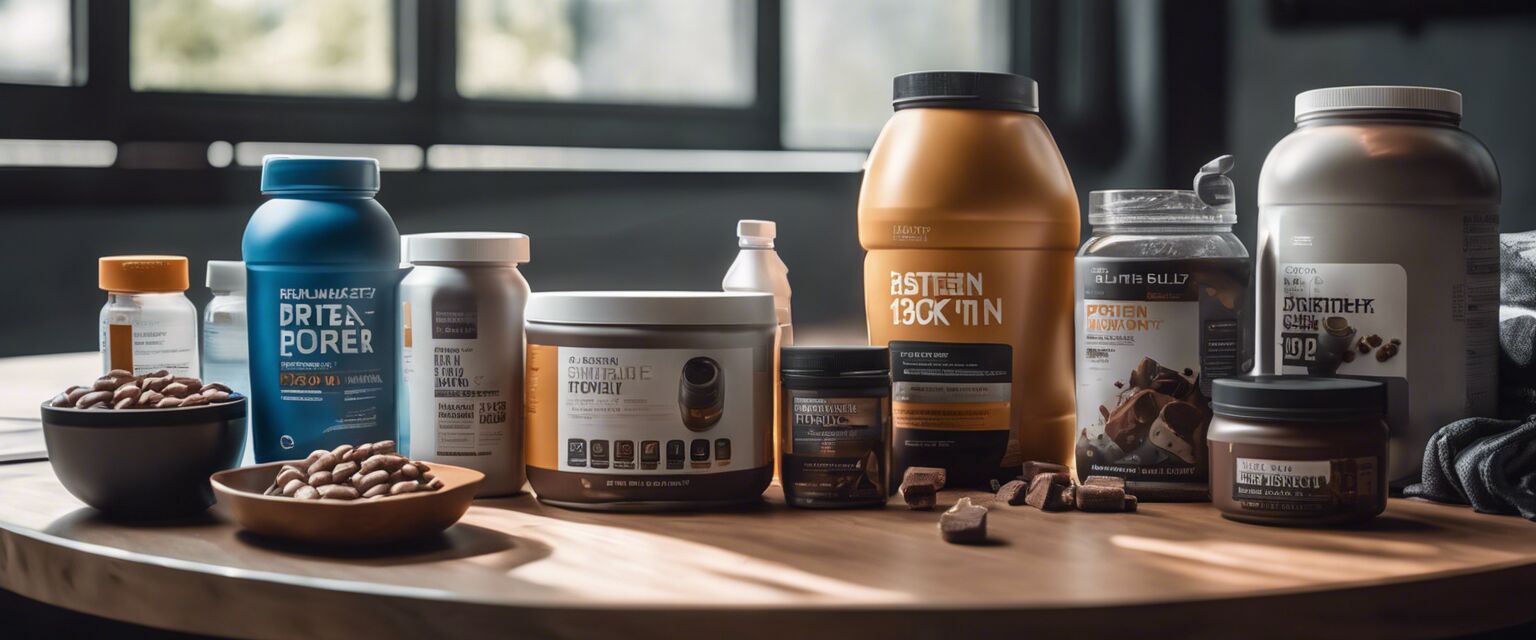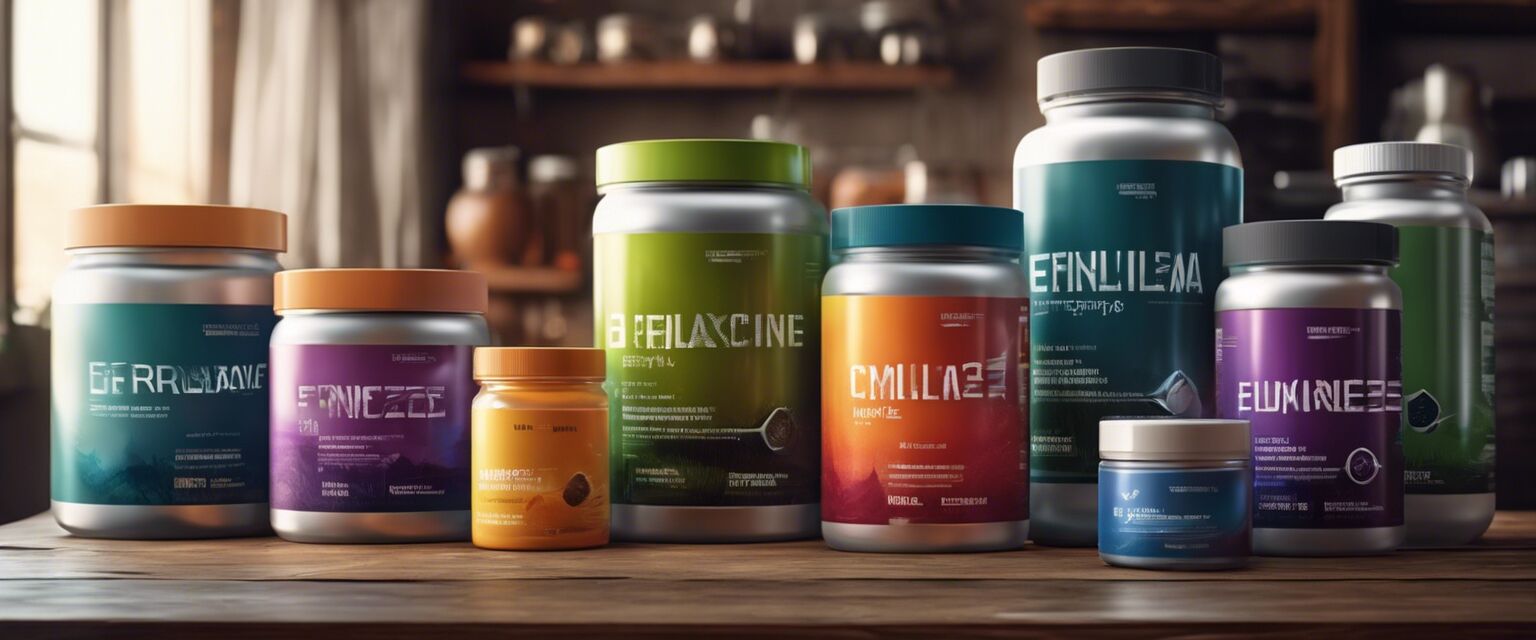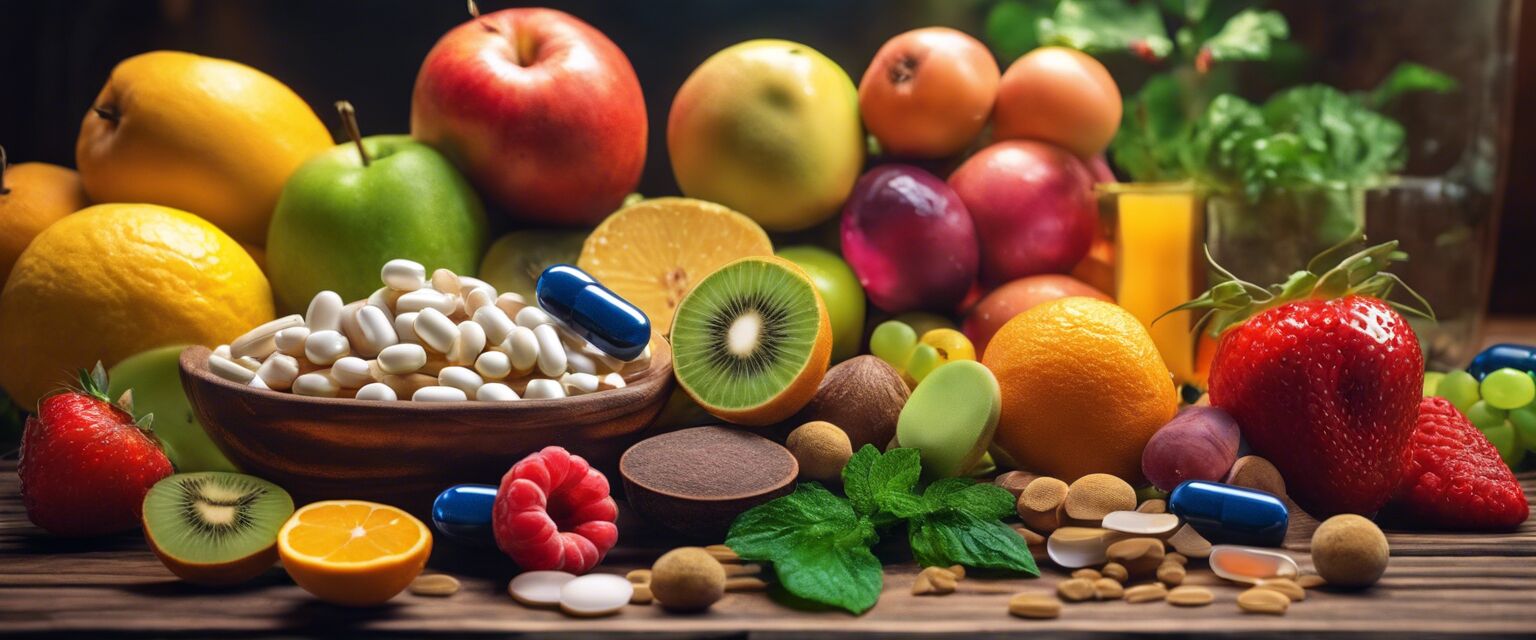
Sports Nutrition for Pregnant Athletes
Key Takeaways
- Pregnant athletes have unique nutritional needs that must be met for the health of both the mother and the baby.
- Key nutrients include protein, iron, calcium, omega-3 fatty acids, and folic acid.
- Safe supplementation can enhance overall nutrition but should be approached with caution.
- Consulting a healthcare professional is crucial before starting any new supplement or diet.
For pregnant athletes, maintaining optimal nutrition is essential for both performance and the health of the baby. This article provides guidance on nutritional needs and safe supplementation options, focusing on key nutrients that should be prioritized during pregnancy.
Nutritional Needs During Pregnancy
During pregnancy, the body undergoes significant changes that require adjustments in nutritional intake. Hereâs a breakdown of the major nutrients to focus on:
| Nutrient | Recommended Daily Intake | Sources |
|---|---|---|
| Protein | 75-100 grams | Lean meats, poultry, fish, beans, eggs, dairy |
| Iron | 27 mg | Red meat, spinach, beans, fortified cereals |
| Calcium | 1,000 mg | Dairy products, leafy greens, fortified plant milks |
| Omega-3 Fatty Acids | 200-300 mg DHA | Fatty fish, walnuts, flaxseeds |
| Folic Acid | 600 mcg | Leafy greens, citrus fruits, legumes, fortified cereals |
Safe Supplementation for Pregnant Athletes
While whole foods should be the primary source of nutrients, safe supplementation can be beneficial. Here are some guidelines:
Tips for Safe Supplementation
- Always consult with a healthcare provider before starting any new supplements.
- Look for products that are specifically formulated for pregnant women.
- Avoid high doses of vitamins or minerals unless prescribed by a healthcare professional.
- Choose reputable brands that have undergone third-party testing for quality.
Key Nutrients to Consider
Below is a closer look at some key nutrients and their importance during pregnancy:
| Nutrient | Importance |
|---|---|
| Protein | Supports the growth of fetal tissue, including the brain. |
| Iron | Helps in the production of extra blood for both mother and baby. |
| Calcium | Essential for building the baby's bones and teeth. |
| Omega-3 Fatty Acids | Crucial for brain and eye development. |
| Folic Acid | Reduces the risk of neural tube defects and supports placenta health. |
Hydration and Electrolytes
Staying hydrated is particularly important during pregnancy. Here are some hydration tips:
Hydration Tips for Pregnant Athletes
- Drink plenty of water throughout the day.
- Include hydrating foods such as fruits and vegetables in your diet.
- Monitor electrolyte intake, especially during workouts.
Common Misconceptions
There are several myths about nutrition during pregnancy that can lead to confusion. Here are some common misconceptions:
- Myth: Pregnant women need to "eat for two."
Fact: It's more about eating nutrient-dense foods rather than just increasing calorie intake. - Myth: All supplements are safe during pregnancy.
Fact: Not all supplements are safe; some can be harmful if taken in excess.
Product Options for Pregnant Athletes
When considering products for supplementation, look for those that are specifically designed for pregnant athletes. Here are some categories to explore:
- Energy Bars & Snacks
- Hydration & Electrolytes
- Post-Workout Recovery
- Pre-Workout Supplements
- Protein Supplements
Conclusion
Maintaining adequate nutrition during pregnancy is essential for the health of both the mother and the baby. By focusing on key nutrients and considering safe supplementation options, pregnant athletes can continue to thrive in their sports while ensuring a healthy pregnancy. Always consult with a healthcare professional to develop a tailored nutrition plan that meets your specific needs.
Pros
- Supports athletic performance during pregnancy.
- Helps meet the unique nutritional needs of pregnant women.
- Encourages a healthy lifestyle for mother and baby.
Cons
- Some supplements may not be safe for all pregnant women.
- Increased dietary needs can be challenging to meet.










